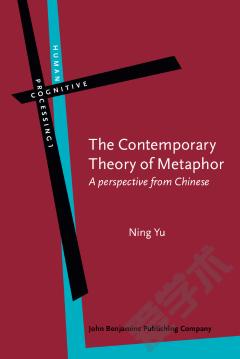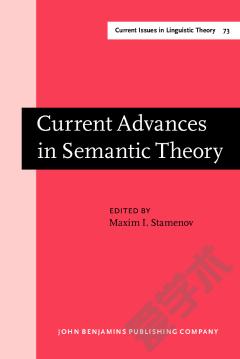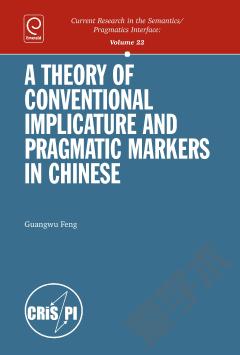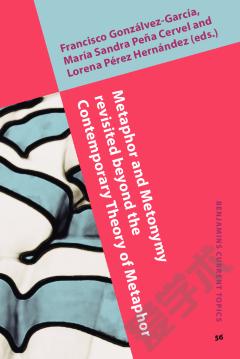The Contemporary Theory of Metaphor. A perspective from Chinese.
This comparative study of Chinese and English metaphor contributes to the search for metaphoric universals by placing the contemporary theory of metaphor in a broad cross-linguistic and cross-cultural perspective. The author explores to what degree abstract reasoning is metaphorical and which conceptual metaphors are culture specific, wide spread or universal in a cognitive and cultural context.The empirical studies presented reinforce the view that metaphor is the main mechanism through which abstract concepts are comprehended and abstract reasoning is performed. They also support, from the perspective of Chinese, the candidacy of some conceptual metaphors for metaphorical universals. These include, for instance, the ANGER IS HEAT metaphor, the HAPPY IS UP metaphor (emotions), the TIME AS SPACE metaphor, and the Event Structure Metaphor. It seems that these conceptual metaphors are grounded in some basic human experiences that may be universal to all human beings.
{{comment.content}}








 京公网安备 11010802027623号
京公网安备 11010802027623号